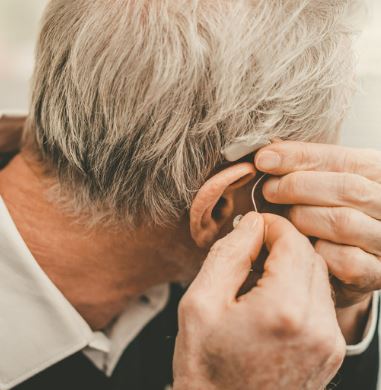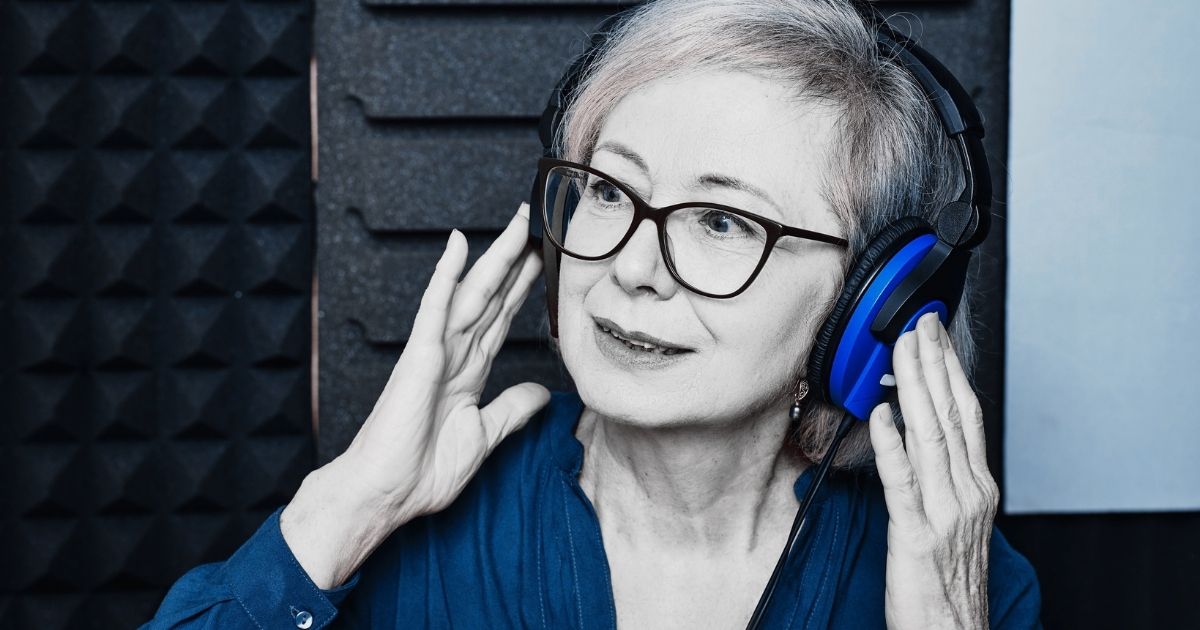Hearing loss may raise your chances of eventually developing dementia, suggests new research from Norway tracking over 7,000 people for more than two decades.
The work uncovered a moderate association even when accounting for factors like cardiovascular health.
Hearing Loss and Dementia Risk Over Time

Rather than solely a symptom of oncoming dementia, hearing loss itself looks to independently contribute risk as sensory deprivation seems to accelerate brain changes
Published in the medical journal eClinicalMedicine (part of The Lancet Group), the study followed adults aged 47 to 80 with normal hearing or mild-to-moderate hearing impairment starting in the mid 1990s. Pure tone hearing tests were conducted in specialized booths during the decade-spanning Norwegian HUNT Study assessing residents’ health.
Over 21 years later, at ages 70 to 102, the participants’ cognitive function was evaluated to diagnose dementia based on medical guidelines. Overall, 15% had developed dementia but rates were higher among those with some hearing loss early on.
By comparing groups with detailed health histories, the team could rule out potentially compounding factors like high blood pressure and adjust statistical analyses accordingly. Education levels prove consistently influential because they partially reflect cognitive reserve built via mental stimulation.
Still, mild hearing loss corresponded to 36% greater dementia odds over two decades, equivalent to more than a decade of aging. The association remained considering vascular and other causes beyond Alzheimer’s disease, now the 6th leading cause of death in the US.
Declining Sound Processing Sets Off Damaging Chain Reaction
How could difficulties distinguishing conversations, programs and ambient sounds promote dementia? The hypothesis suggests losing audible input causes the auditory cortex to become hyperactive trying to fill in the blanks.
Chronic overcompensation eventually overtaxes resources, breaking connections.
“The brain is plastic, adapting its wiring to what information it receives, good or bad. If distorted signaling from a damaged inner ear misguides that processes, it can trigger toxicity and cell death.”
 Other key sensory processing like vision can partially compensate but hearing plays unique roles linking language, memory and emotional processing regions. Selectively weakened links between them undermine integrity and speed overall decline.
Other key sensory processing like vision can partially compensate but hearing plays unique roles linking language, memory and emotional processing regions. Selectively weakened links between them undermine integrity and speed overall decline.
Though other studies show hearing aids and cochlear implants might mitigate cognitive downstream effects somewhat, preventing sensory deterioration remains imperative. Noise and age deteriorate hearing anatomically via cochlear hair cells and biochemically via auditory neurons.
The concept of “healthy aging” should now expand to emphasize protecting not only cardiovascular and metabolic function but hearing and vision too. Dementia poses personal, family and societal crisis as global lifespans lengthen.
“Routine assessment and earlier intervention for hearing loss seems justified. We must recognize sensory maintenance as part of preserving cognitive and emotional health rather than dismissing certain symptoms as inevitable parts of aging. Our experiences shape our brains lifelong.”
Reference:
- Myrstad, C., Engdahl, B. L., Costafreda, S. G., Krokstad, S., Lin, F., Livingston, G., Strand, B. H., Øhre, B., & Selbæk, G. (2023). Hearing impairment and risk of dementia in The HUNT Study (HUNT4 70+): A Norwegian cohort study. eClinicalMedicine, 13, 102319. https://doi.org/10.1016/j.eclinm.2023.102319
Source: eClinicalMedicine







